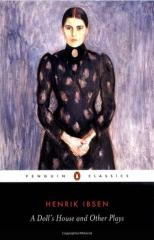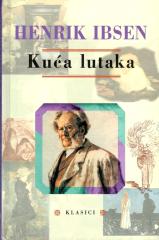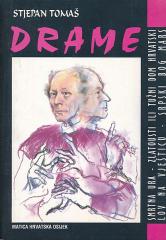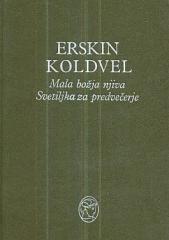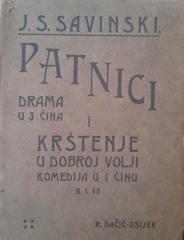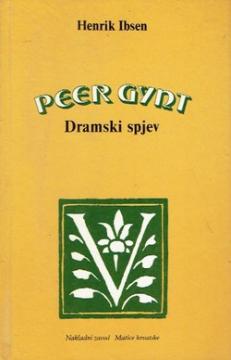
Peer Gynt
Peer Gynt is a play in five acts by the Norwegian writer Henrik Ibsen, written in 1867. The work is considered leading in Norwegian literature. Ibsen wrote it after the work Požar, and the main character of Požar was built as the exact opposite of the cha
Peer Gynt is a five-act play in verse that started Ibsen's path to fame, it is the exact opposite of Ibsen's previous play - Požar. In it, the main character, Peer Gynt, is guided in life by the principle of 'do what you know how to do', and it is known that Ibsen also weaved memories of his own family into the play. Based on legends and folk beliefs, it is a leading work in Norwegian literature. It was set to music by Edward Grieg, and it has its own opera and ballet versions and has been transferred to the movie screen several times.
Henrik Johan Ibsen is one of the founders of modern drama. His childhood was not at all easy; when he was seven years old, his father went bankrupt, which affected the whole family. They had to move and lived in poverty. At the age of fifteen, Henrik got a job in a pharmacy. His whole life could be characterized as a struggle for financial security and recognition for his work. The first works he published, such as the play Caitilina, went unnoticed. At the age of 36, he left his native Norway and traveled abroad, staying in Italy and Germany for a while, only to return after 27 years as a celebrated writer.
Fame came first with the works Požar and Peer Gynt, then with the drama Pillars of Society. However, probably the most famous partly due to the reading obligation is Nora or Doll's House created in 1879 in Italy. He continues with the drama Ghosts, Romersholm and the successful Hedda Gabler. Towards the end of his life, somewhat prophetically, he wrote the play When We Dead Wake Up. In addition to plays, he also wrote poems.
No copies available
The last copy was sold recently.
